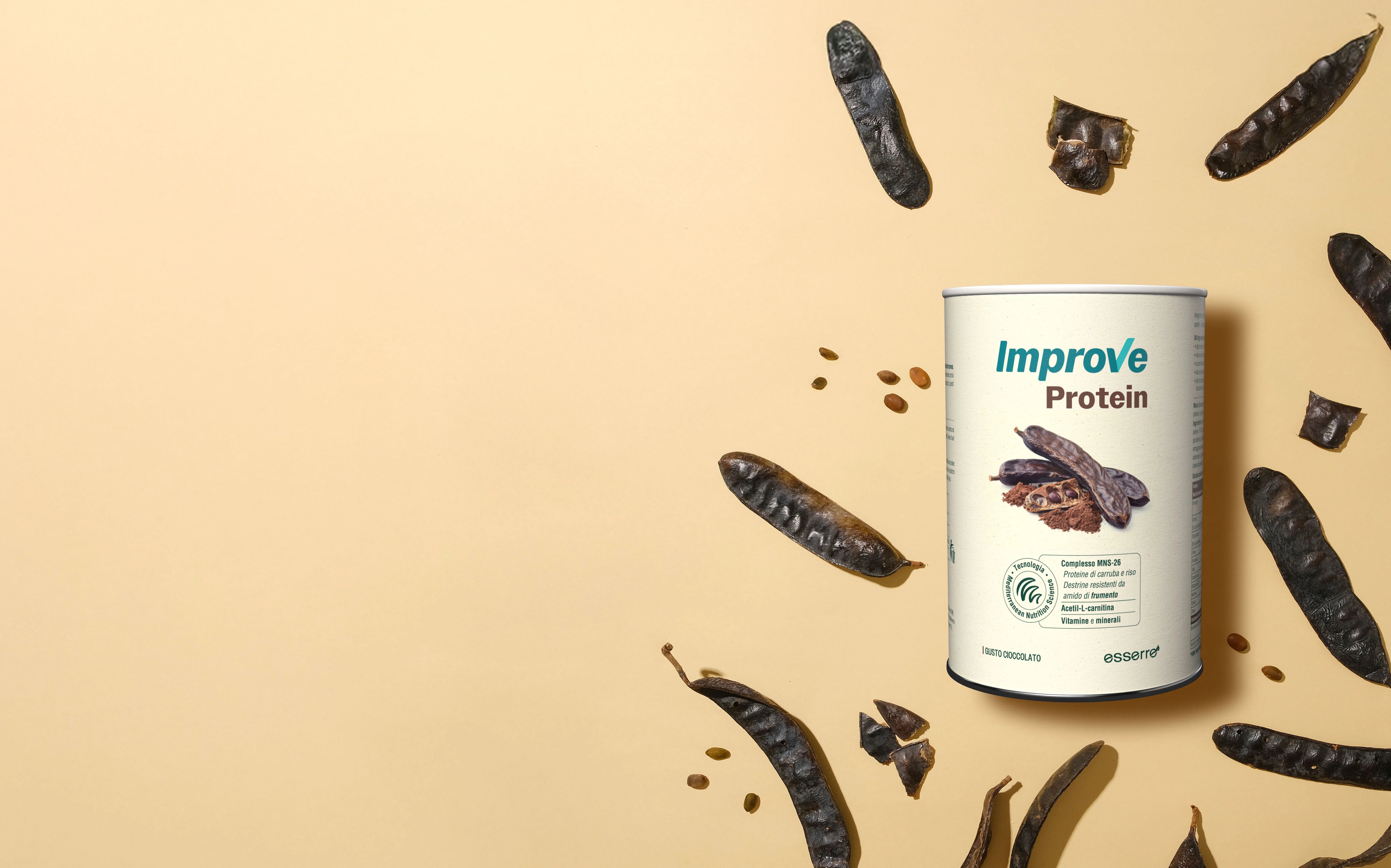
Wellness Guide
Sports performance

An integrated approach: body, mind and nutrition
Sports performance is the ability of an individual to perform physical activities as effectively and efficiently as possible.
This includes not only physical skills and abilities such as strength, speed and endurance, but also technical, tactical and psychological skills. Performance is the end result of various interconnected factors: physical preparation, technique, tactics, psychological state and nutrition.
Optimizing sports performance requires a balance between physical training, personalized nutrition, and mental preparation.
It is a continuous path that is built with discipline, awareness and progressive adaptation to individual goals and needs.
Factors / Motivations
Physical conditions
Physical conditions
Basic physical abilities, such as strength, speed, endurance, and flexibility, are the foundation of athletic performance.
These are influenced by genetic factors (such as muscle composition and joint morphology), the general condition of the organism, the presence or absence of pathologies and the history of any injuries.
Good physical condition allows the athlete to sustain high training loads, improve performance and reduce the risk of injuries.
Psychological aspects
Psychological aspects
Mental components play a key role in sports.
Personal motivation, self-efficacy, management of stress, performance anxiety and pressure (both internal and external) can determine the outcome of a competition.
An athlete who can focus, maintains self-confidence, and possesses emotional self-regulation strategies is more likely to reach his or her potential.
Techniques such as mental training, visualization and mindfulness are tools that are increasingly used even at a professional level.
Environmental conditions
Environmental conditions
The environment in which the activity takes place can significantly influence performance.
Factors such as high temperatures or harsh weather conditions, humidity, altitude (which reduces the availability of oxygen), headwinds, inadequate lighting or ambient noise can alter the athlete's physiological and psychological parameters.
Environmental adaptation, when possible, becomes an integral part of preparation (e.g. altitude acclimatization, hydration, appropriate technical clothing).
Technical and tactical support
Technical and tactical support
The quality of technical guidance has a profound impact on performance.
An experienced coach not only structures the workload in a progressive and targeted way, but also offers tools for feedback, correction and motivation.
Video analysis, functional testing and tactical strategies allow you to refine your execution, improve efficiency and make faster and more appropriate decisions in competition.
Furthermore, multidisciplinary support (nutritionist, physiotherapist, mental trainer) further enhances training results.


Improve® PROTEIN
Targeted support for your strength and lightness.
Improve® Protein is designed for those looking for a complete and digestible protein intake, every day. Thanks to its ingredients, it contributes to the growth, maintenance of muscle mass and energy metabolism. A simple gesture, every day, to nourish your body with balance and awareness.
Suggestions
Increase aerobic capacity
Aerobic capacity allows you to sustain prolonged efforts, improve cardiovascular efficiency and increase exercise tolerance.
Targeted workouts enhance oxygen transport and overall endurance.
Improve strength and physical condition
Training must be progressive, varied and specific.
The development of strength, speed, mobility and coordination is essential to best face the sporting discipline practiced.
Optimize your diet
The diet must be personalized and balanced, with adequate intakes of carbohydrates, proteins, good fats, fiber, micronutrients and water.
Distributing meals according to training rhythms improves performance and recovery.
Set realistic goals
SMART goals (Specific, Measurable, Attainable, Relevant, Time-bound) help you stay motivated and monitor your progress.
Excessive or vague goals compromise the effectiveness of the path.
Active recovery
Stretching, quality sleep, massage, relaxation techniques, and light activity help the body recover and reduce the risk of overload and injury.
Mental training
Techniques such as breathing, visualization, mindfulness and positive self-talk improve concentration, stress management and self-confidence.
Being mentally ready is just as important as being physically ready.

Performance is a balance
Sports performance is not only the result of training, but of the balance between physical preparation, nutrition, rest and mental well-being. Every technical gesture, every competition, every progress is the result of an integrated system that works in synergy. To reach your potential you need consistency, customization and listening to your body.

